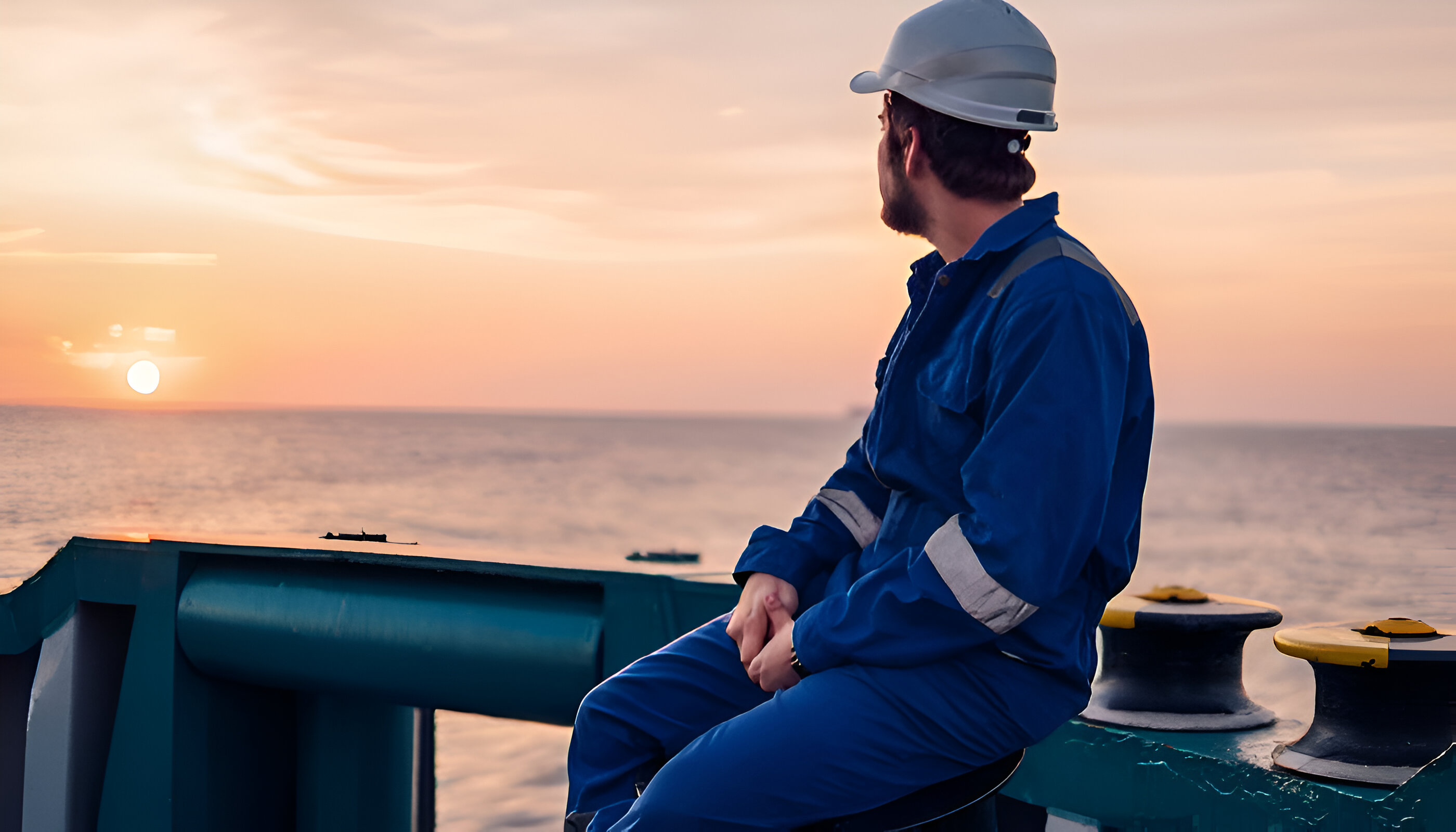In the second of a series of interviews ahead of the Saudi Maritime Forum, Baltic Exchange Chairman Denis Petropoulos, speaks about the outlook for shipping markets. “There is optimism for shipping over the next 12-to-24 months—although not consistent across all sectors,” he told Seatrade Maritime News.
“Baltic Exchange members represent an enormous cross-section of global shipping—owning, operating, chartering and broking—so every event affects our members.”
The exchange also provides the daily freight data the shipping industry requires to function.
The chairman, who took over in 2019, said that both dry and wet markets had been disrupted by ‘black swan events’ Covid-19 and Russia’s invasion of Ukraine, and that these difficulties were compounded by uncertainty around transitioning away from hydrocarbons and managing future emissions.
“This latter ‘disrupter’ has been a topic for the past three years. However, the Covid-19 pandemic created a significantly reduced need for bulk energy, which after two years is only now returning to previous demand,” he said.
During the pandemic, there was increased demand for manufactured goods through containerisation, and the construction industry continued to require the bulk commodities needed to produce steel, with both sectors enjoying higher freights. The Russian invasion of Ukraine had disrupted trade routes in medium-sized tankers and grain trades, which had led to sourcing commodities from further afield, adding tonne-miles to seaborne trade, a positive for industry economics.
“Covid-19 also caused congestion in ports, particularly in China, which is now easing, while dry markets are softer than they were at the end of last year,” he said.
“Energy markets, however, are strengthening as the supply of crucial fossil fuels, especially gas in Europe, needs to be secured for the winter months ahead.”
“The reduced supply of new vessel orders is very noticeable, particularly in tankers and, despite a complex chain of reasoning, this will filter through to increasing freight levels for vessels under 15 years old.”
Petropoulos said Saudi Arabia was an enormous supplier of crude oil, and, more recently, refined products and chemicals. While the world continued to research cleaner energy, with wind and solar seen as inexhaustible sources, transitioning to this point would likely exceed even the most liberal of estimates, as energy could not be ‘switched off’ at this or any time.
“Fossil fuels will always be required for the production of plastics, and, as long as they are shipped, our members are affected,” he said.
Commenting on the ‘wider’ Middle East region, he said this could feasibly include East Africa and Indian Ocean trade, where developed Middle East countries’ trading hubs were increasing their expertise to specifically service these areas.
Source: https://www.seatrade-maritime.com/tankers/baltic-exchange-chair-generally-bullish-shipping-prospects






